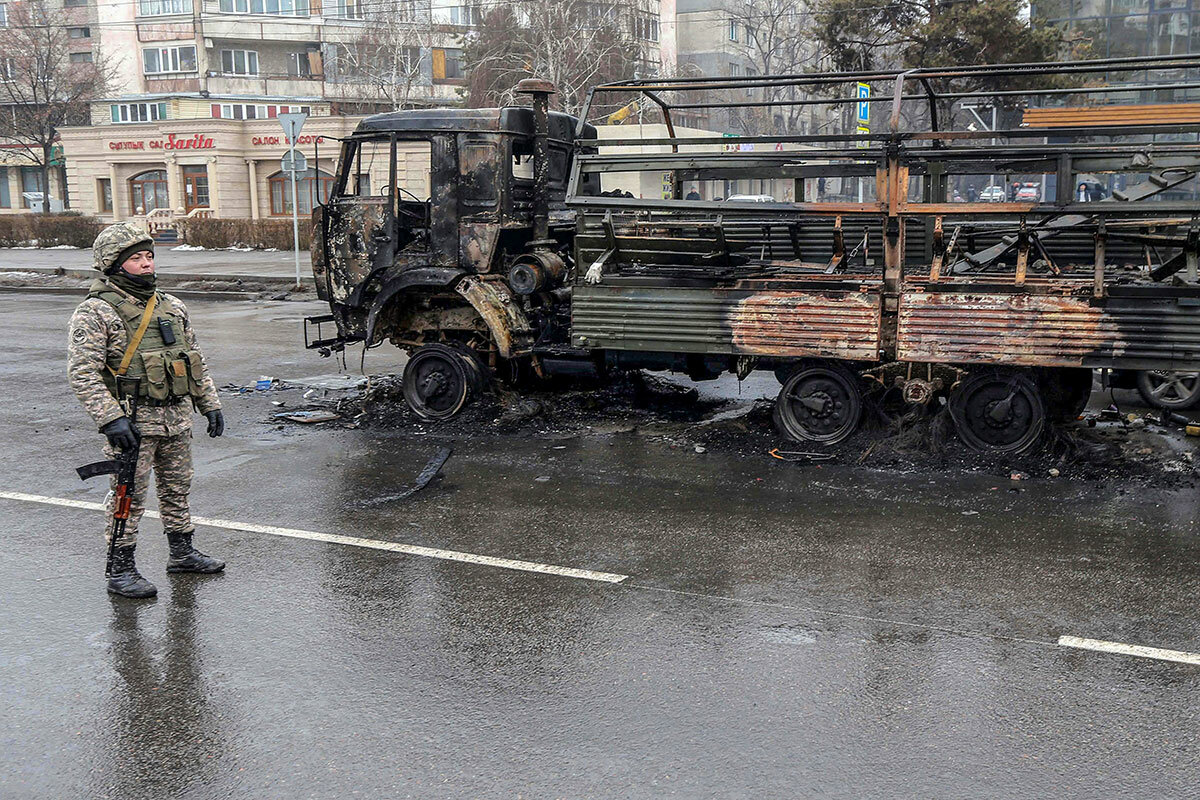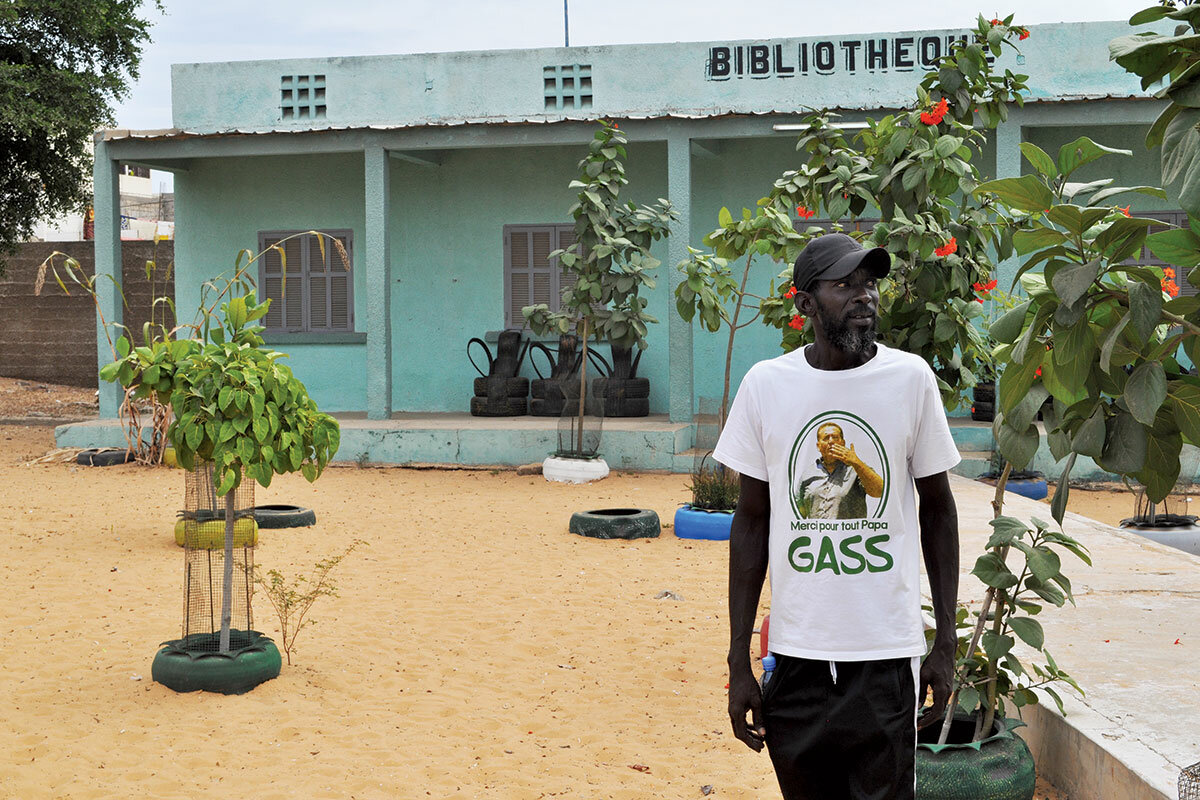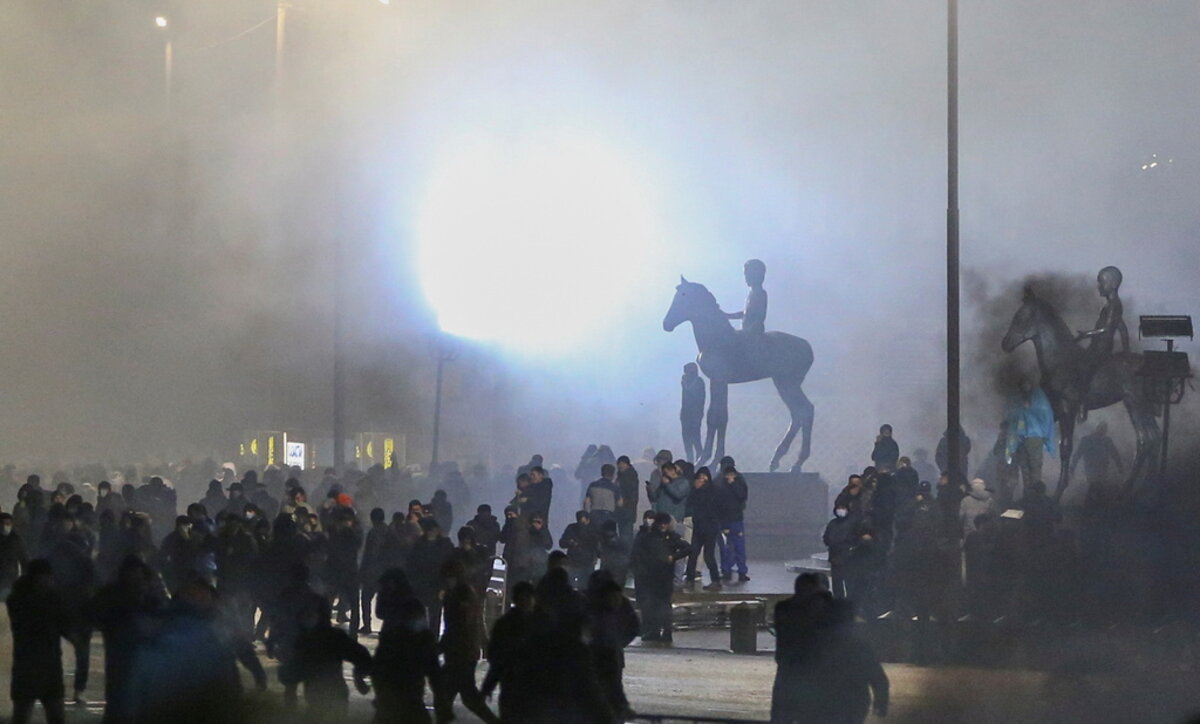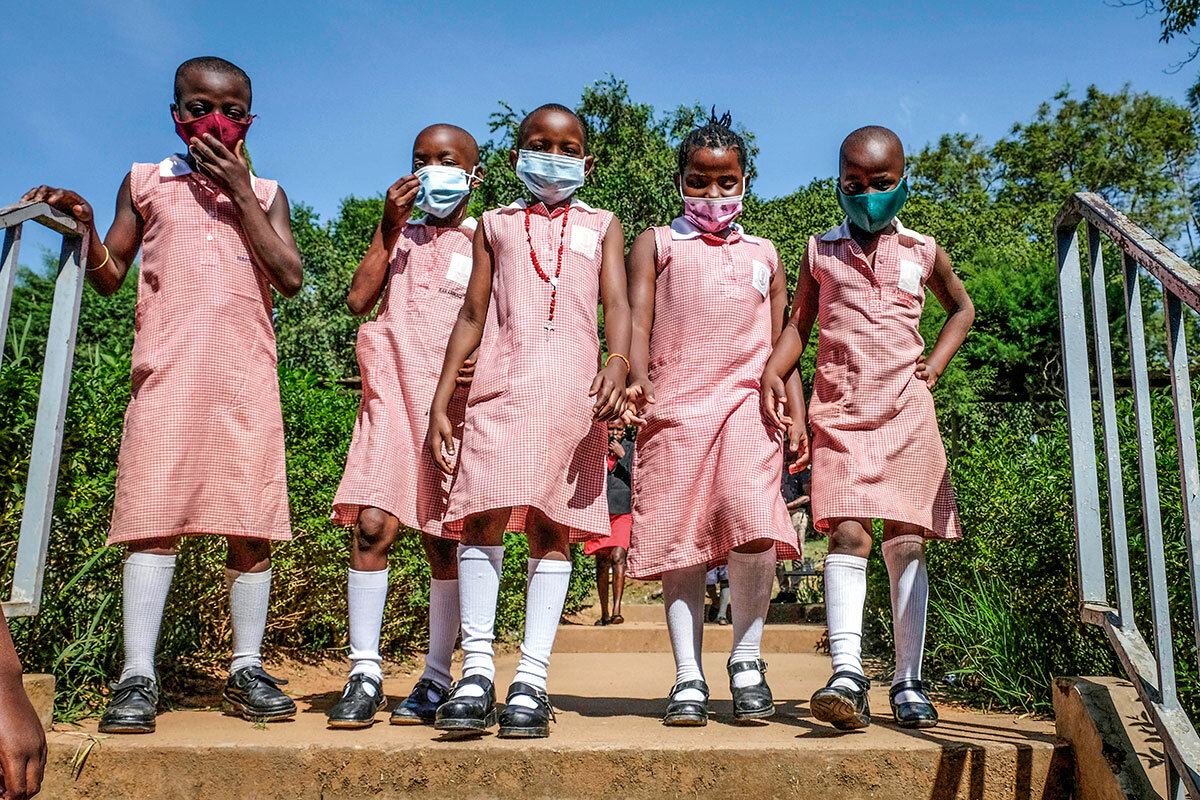Identity, history, and voting rights are set to collide in Georgia’s gubernatorial election, reflecting an evolution of American democracy and a contest over what it means to be Southern.
Monitor Daily Podcast
- Follow us:
- Apple Podcasts
- Spotify
- RSS Feed
- Download
 Laurent Belsie
Laurent Belsie
Mall-watching on Christmas Eve is something of a holiday tradition in our household. When we started, back in the 1980s, the main attraction was the desperate shopper. You know the type: people, mostly men, who leave shopping to the last minute because they find shopping and malls so distasteful. With no clue as to what to get, they wander from store to store in hope of sudden inspiration.
Over the years, this stereotype has evolved as more working women have also taken to shopping on Christmas Eve. What’s still fresh in my thought from two weeks ago, however, is the presence of families and couples. They were everywhere, wandering and having a good time, as opposed to those who were under a deadline. On the second floor of this particular mall, a woman sat down on a bench not far from the gigantic Christmas tree while her husband and son stood in an unusually long line outside a jewelry store.
I asked if they were buying a Christmas gift for her. But she spoke no English, so she handed me her smartphone with an English-Portuguese translator. It turns out they were out for a stroll in the mall and saw a gift they wanted to buy for a friend. Inside the jewelry store, a young couple were looking at something in the glass-enclosed counter. An engagement ring, perhaps? No, they had bought some jewelry for a friend, says Cleber. How do they buy something for each other? “Internet,” says Sandra.
And suddenly, it all comes clear. Technology isn’t the death of the mall. Now, it may be less a place for time-panicked shopping – and more a destination for social shopping with family or friends. Desperation turned to fun – a Christmas Eve gift.










